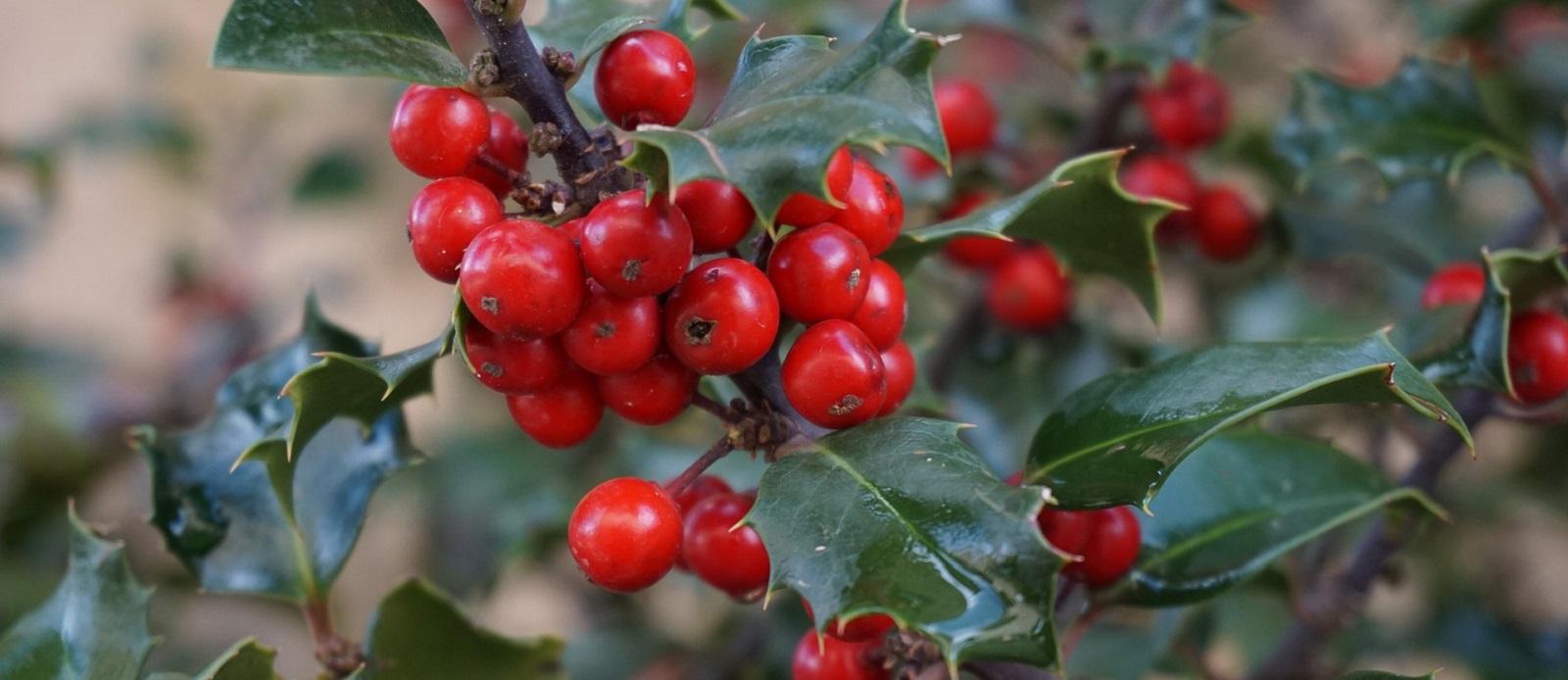
Sustainable Gardening
- Winter is an excellent time to evaluate what worked well in your garden and what didn't and make plans for next year. Explore options for making your garden more resilient to our changing climate. Do you have space to plant a tree? Can you make a food garden in containers? Set up a drip irrigation system or a rain barrel to conserve water? These are all good practices to consider for next season.
- Not sure what to give a gardening enthusiast this holiday season? The Master Gardener Handbook makes a nice gift and includes a wealth of sustainable gardening information for Maryland residents.
- Be prepared for icy winter weather. Learn about options for melting ice safely around your home. Maryland's Lawn Fertilizer Law prohibits anyone from using fertilizer products to melt ice and snow on steps, sidewalks, or driveways.
Trees & Shrubs
- The weather has been abnormally dry in most areas of Maryland. Continue to water young and newly planted trees and shrubs until the ground freezes.
- If you staked new trees, check their ties to make sure the plants still have wiggle room and the bark isn’t getting tightly squeezed or scraped. Stakes that have been in place for six to twelve months can be removed.
- Dead branches can be pruned out of trees and shrubs.
- Evergreens like hollies, boxwoods, and pines can be moderately pruned. The trimmings can be used for holiday decorating.
- Carefully examine boxwood wreaths and decorative greens for symptoms of boxwood blight before purchasing. Be aware that sometimes infected plants don't show symptoms but are disease carriers. Using boxwood greens could possibly introduce this serious fungal disease to surrounding boxwoods. Bag and discard infected plant material in the trash.
- Sharpen pruners and loppers. They are best stored cleaned and oiled. Linseed oil can be used on wooden handles to prevent them from aging.
Edible plants
- Fire blight damage on apples and pears should be pruned out during the coldest periods in December or January. This will lessen the chance of spreading the bacterial infection.
- Cover strawberry plants with a row cover to help prevent winter injury and promote early growth in the spring.
- Test your soil before planting blueberries. The desired soil pH for blueberry is 4.3-5.3. Use iron sulfate or elemental sulfur to drop the soil pH, a process that can take 6-12 months. These plants establish more quickly and are more productive in soils heavily amended with compost.
- Seed catalogs are beginning to arrive in the mail. How do you narrow the choices down to make the selection easier? For help, refer to How to Choose a Seed Catalog?
- Build a salad box to give as a gift to an aspiring gardener.
Indoor plants and pests
Indoor plants
- An amaryllis bulb is a popular holiday gift. With proper care, they can bloom again.
- To keep poinsettias healthy keep them away from dry, drafty locations. Do not place near heat vents, doorways, or drafty windows. Remove the decorative pot cover or make holes in the bottom of it to make sure the water drains from the container when you water.
- Are you growing a citrus plant indoors? Monitor the undersides of the leaves for brown soft scale.
- If you purchase a live Christmas tree, check to make sure it is fresh. Gently grasp a branch with your fingers and pull it towards you. Very few needles should come off in your hand. The individual needles should be pliable when bent in half. Then raise the tree off the ground a few inches and hit the cut end of the trunk on the ground or pavement. If many needles shatter from the tree, it is a sign of dryness.
- If you have a live Christmas tree indoors, keep the tree stand filled with water and check the level in the reservoir daily. There is no need to add preservatives to the water.
- Christmas trees can harbor praying mantid egg cases or spider eggs. Indoor temperatures can cause them to hatch. There is no need to panic. Small 'guests' can be vacuumed up or caught and released outside.
Still have a question? Contact us at Ask Extension.